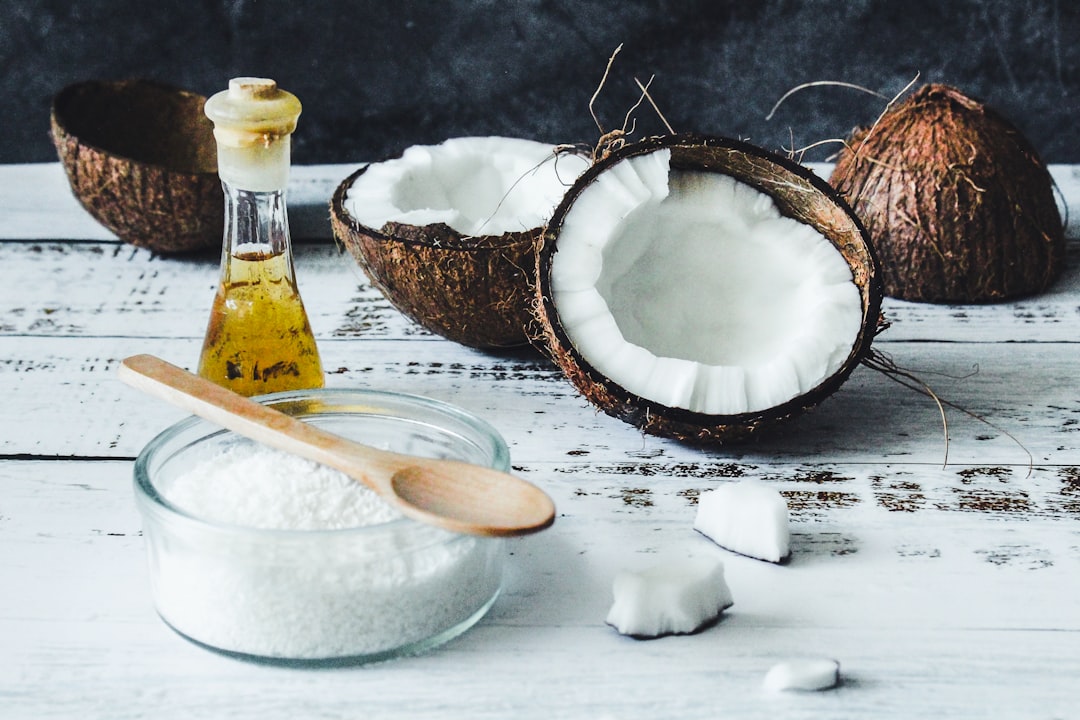The Truth About Coconut Oil: Is It Really Good for Your Skin?
Coconut oil has been praised as a miracle product for everything from cooking to hair care. But one of the most popular uses is for skin. A quick search online and you’ll find people swearing it cleared their acne, healed their dry patches, and left their skin glowing. On the other hand, some dermatologists and users claim it caused breakouts and clogged pores.
So, what’s the truth? Is coconut oil really good for your skin—or is it just another overhyped trend?
Let’s break it down honestly.
What’s in Coconut Oil That Makes It Seem Magical?
Coconut oil is packed with fatty acids like lauric acid, caprylic acid, and capric acid. These compounds are known for their antibacterial, anti-inflammatory, and moisturizing properties. That’s why people often turn to it when dealing with dry skin, irritation, or minor wounds.
It also contains vitamin E, which can help support skin repair and reduce the appearance of fine lines and scars.
In theory, it sounds like a dream product. And for some people, it is.
When Coconut Oil Can Be a Good Thing
Coconut oil can be an excellent skin care product—if you have dry or normal skin and you’re not acne-prone. Because it forms a protective barrier, it can help lock in moisture, soothe irritation, and soften rough or flaky skin. Many people use it as a natural body moisturizer or to treat dry elbows, knees, or heels.
It can also be helpful in small amounts as a lip balm or to smooth down flyaways in your hairline. Some even use it as a gentle makeup remover. The key is knowing how your skin reacts and using it in moderation.
But Here’s the Catch
While coconut oil can feel amazing on dry skin, it’s also comedogenic—which means it can clog pores. That’s a big red flag for people who have oily skin or are prone to acne. If you already struggle with blackheads or breakouts, applying coconut oil to your face might make things worse.
Many people try it and notice their skin feels soft at first, but then breakouts begin to appear. That doesn’t mean coconut oil is “bad”—it just isn’t right for every skin type.
What About Using It on the Face?
This is where things get tricky. Coconut oil is often too heavy for facial skin, especially in hot or humid climates where your pores are already more likely to become blocked. While it can give a beautiful glow at first, it may lead to pimples, especially around the chin, forehead, or jawline.
If you really want to try it on your face, do a patch test first. Apply a small amount on your cheek or jawline for a few days and see how your skin reacts. If you notice bumps, itchiness, or redness, it’s a sign to stop.
Safer Alternatives to Try
If you love the idea of natural oils but want something gentler, here are a few non-comedogenic options:
Jojoba oil – Similar to skin’s natural oils and great for most skin types
Argan oil – Lightweight and rich in antioxidants
Rosehip oil – Ideal for brightening and reducing scars or blemishes
These oils tend to absorb more easily into the skin without causing as many problems.
Coconut oil isn’t a miracle product for everyone—but it’s not a villain either. Like many things in skincare, it comes down to knowing your skin and what it needs.
If you have dry, non-acne-prone skin, coconut oil might be a great addition to your routine. But if you’re dealing with oily skin or frequent breakouts, it’s worth exploring lighter, safer alternatives.
The best skincare routine is not the trendiest—it’s the one that works for you. Listen to your skin, do your research, and don’t be afraid to keep it simple.

